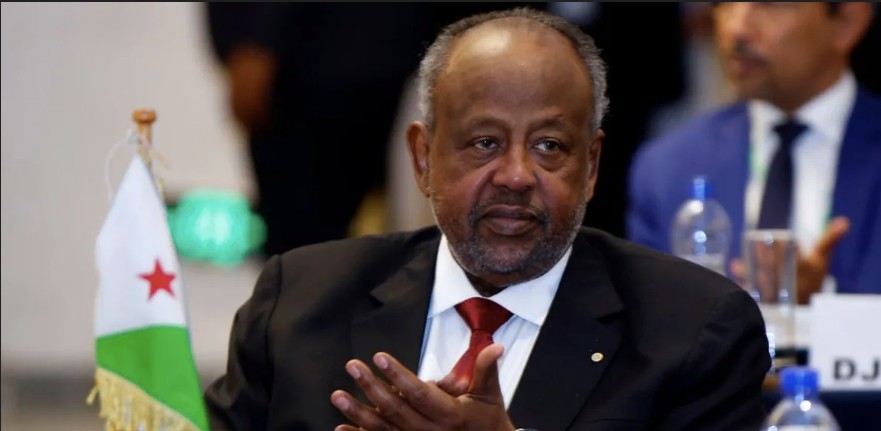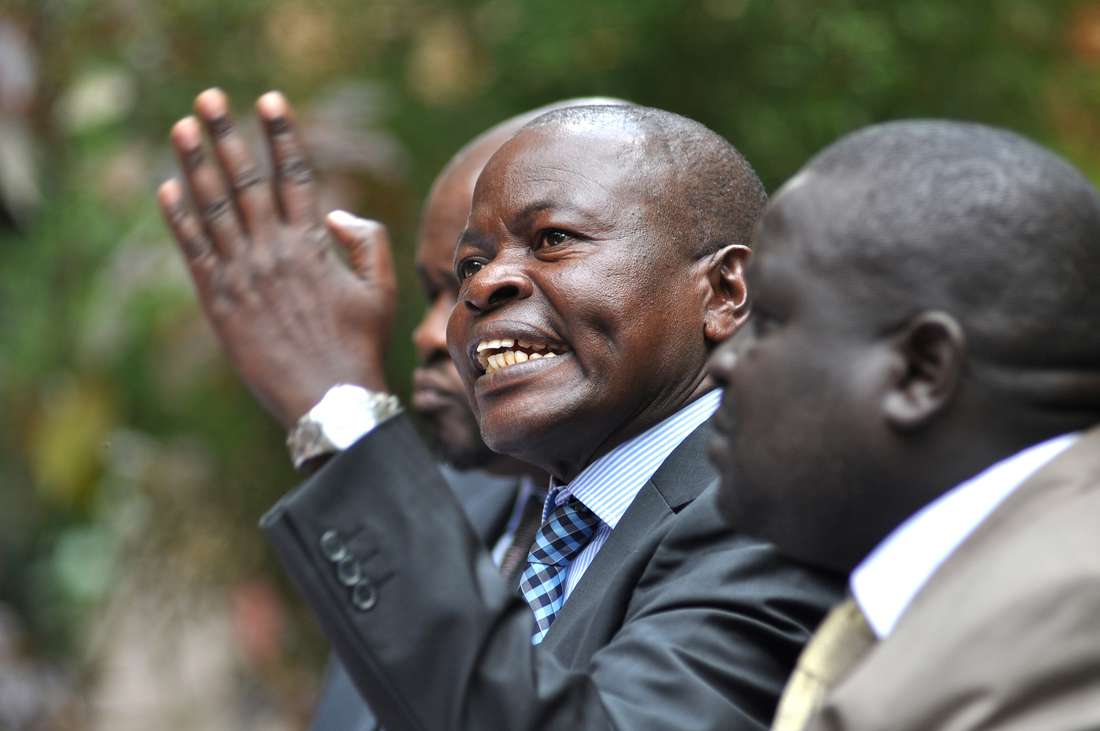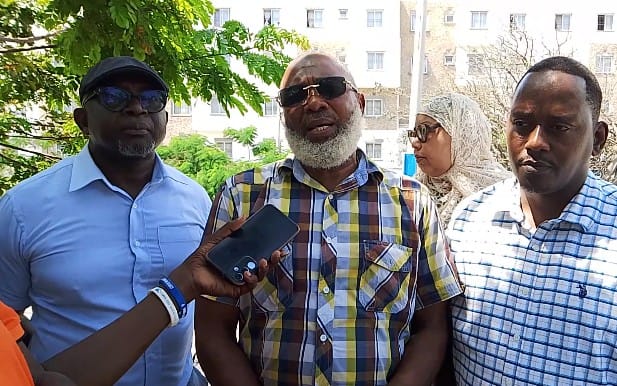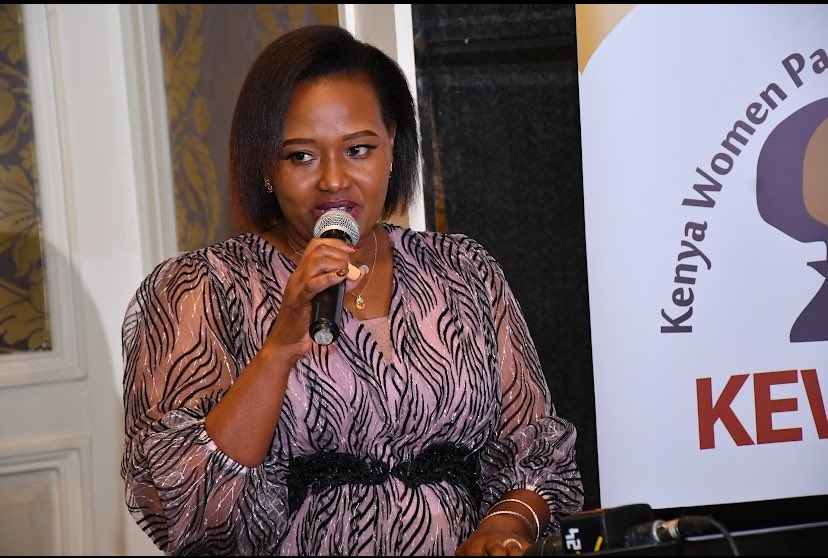Auditor General’s office under fire over audit delays, corruption allegations

MPs voiced concerns about reports that some government institutions were including bribes in their budgets for auditors.
The Office of the Auditor General (OAG) has come under scrutiny following mounting concerns over audit delays and allegations of corruption within its ranks.
During a parliamentary session held on Thursday, members of the Constitutional Implementation Oversight Committee (CIOC) grilled the Deputy Auditor General, Isaac Kamau, regarding the persistent backlog in audits and its impact on crucial fiscal matters, including the distribution of funds to counties.
More To Read
- State agencies, counties owe Kenya Power Sh4.67 billion in unpaid bills - Auditor General
- Top schools flagged for illegal fees and uniform procurement in Auditor General’s report
- Treasury under fire for using Sh2.67 trillion in domestic loans on recurrent spending
- Auditor General calls for penalties on officers who ignore audit recommendations
- Auditor General Nancy Gathungu warns of pension losses as government delays remittances
- Revenue gaps, budget misalignments hurting service delivery, warns Auditor General
Deputy Auditor General Isaac Kamau appeared before the CIOC to answer questions related to delays in the OAG’s audit reports, which are essential for ensuring that counties receive timely revenue allocations as stipulated by Article 229(8) of the Constitution.
MP Caroli Omondi of Suba South was particularly concerned about the lack of up-to-date audit reports.
"We are lagging by two years. Without up-to-date audited reports, counties are denied timely support," he said, stressing the importance of accurate financial reporting for efficient government operations.
Omondi further urged the OAG to undertake a full audit of Kenya’s national debt and tax waivers issued by government entities.
"We need to see a full list of what we owe as a country," he demanded, highlighting the need for transparency regarding the country’s financial obligations.
Bribery claims
In addition to the audit delays, MPs raised alarm over potential corruption within the OAG. Vice Chairperson MP William Kamket (Tiaty) voiced concerns about reports that some government institutions were including bribes in their budgets for auditors.
"That’s disturbing. To what extent does corruption among your staff affect your credibility?" he questioned, pointing out that such practices could severely damage the OAG’s reputation.
MP Geoffrey Mulanya from Nambale reinforced these worries.
"If accounting officers are budgeting for auditors without interaction with EACC, something is wrong. Where is the accountability?" he posed.
His statement called for a more transparent approach to budgeting and auditing.
Kamau responded by defending the OAG’s internal practices, noting the agency’s collaboration with the Ethics and Anti-Corruption Commission (EACC) and the Directorate of Criminal Investigations (DCI).
He explained that the OAG has taken steps to mitigate the risks of corruption, including staff rotations and post-assignment reviews.
"We also require all officers to sign a code of ethics before deployment," Kamau added, emphasising the OAG’s commitment to maintaining high ethical standards.
Despite these assurances, Kamau acknowledged that audit turnaround times remain a challenge and pledged to work toward improving the timeliness of audit reports.
"We are committed to ensuring that audits are conducted in a more timely and relevant manner," he said.
The committee’s questions came at a critical time as Kenya grapples with increasing debt and fiscal pressure.
MPs insisted that ensuring transparent and timely audits was crucial not only for compliance with constitutional requirements but for safeguarding public trust in government institutions.
Top Stories Today














































